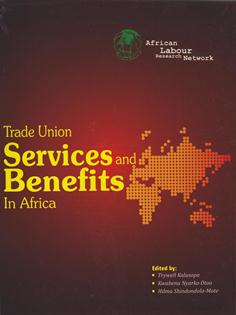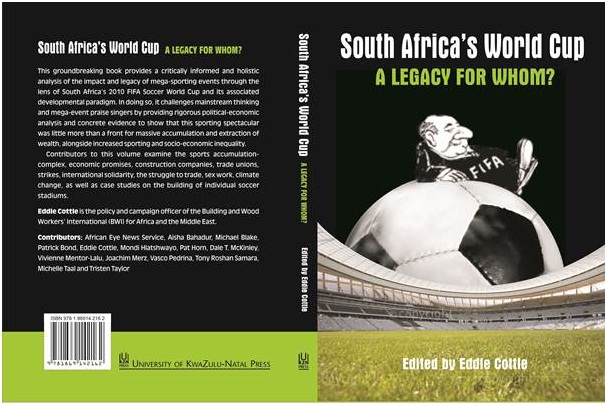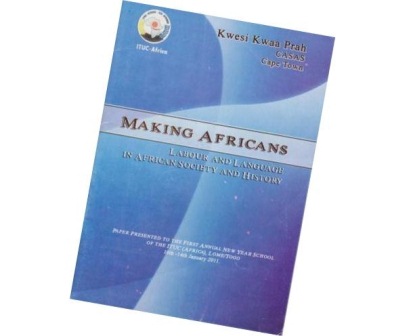Austin C. Muneku, Executive Secretary : Southern Africa Trade Union Co-ordination Council (SATUCC)

FOREWORD
Most trade unions in the world exist for historical and ideological reasons of advancing the cause of workers and the society at large. They engage the working social and economic order and may either accept the existing economic order or work within that order to achieve a favourable set of economic terms and employment conditions, or they may seek to overthrow the existing [political and] economic system and replace it with another. In Africa, trade unions emerged as a response to the despotic capitalist colonial order. The post-independence embrace of the enclave economies coupled with the implementation of Structural Adjustment Programmes (SAPs) in most African countries since the 1980s created a labour market that is characterised by exclusion in terms of low wages, poverty and inequality. The intricate connections between colonialism, post-colonialism and capitalism forced African trade unions to broaden the scope of their struggles beyond the shop floor and embrace liberation, democracy and promotion of economic development and social reconstruction.
Anthony Yaw Baah, Deputy-Secretary of Ghana Trades Union Congress
& Founding Member of the African Labour Research Network (ALRN)

FOREWORD
The core responsibility of every government is to ensure adequate social protection for the citizens. Social protection may take various forms but, generally speaking, it refers to the support provided in the form of income or benefits to the poor, vulnerable and socially-excluded in society with the aim of enhancing their capacity to protect themselves against social and economic risks such as loss of income, illness, death, and other such contingencies. Thus, social protection embraces both social security and social welfare policies and measures such as social assistance for the elderly, support for children and the disabled, as well as interventions aimed at empowering individuals or groups to earn income through employment or self-employment.
Eddie Cottle

This book is the outcome of three years of engagement, collaboration, research and struggle to improve workers’ conditions ahead of, during and after the Fédération Internationale de Football Association (FIFA) 2010 World Cup. Once the Labour Research Service reviewed the impact of mega sporting events on workers’ conditions, various new insights and perspectives developed. The research initially aimed to inform the response of workers and trade unions for their struggle to improve the conditions of workers, but it was soon clear that this would not be possible without looking at the sporting spectacle as a whole and FIFA’s role in capitalist globalisation and accumulation.

Prologue
I am happy to be part of the initiation of the idea of an annual NEW YEAR SCHOOL for the pan-African organization of Trade Unions, the ITUC, here in Lome. It will provide a forum for Trade Unionists to share ideas and discuss themes and topics of interest to them as members of organized labour in Africa today. The challenges faced are many and varied, but our education on the issue of the origins and role of labour in African history is crucial for our appreciation of the challenges of the present. I have elected to link in my discussion labour and language because these two historical realities of African society have been closely intertwined from the depths of time.
Introduction.
